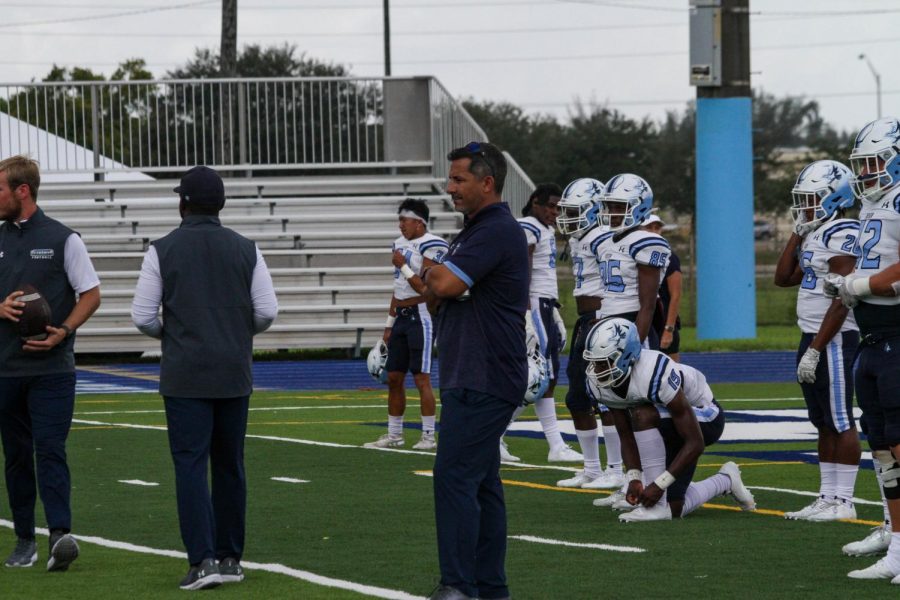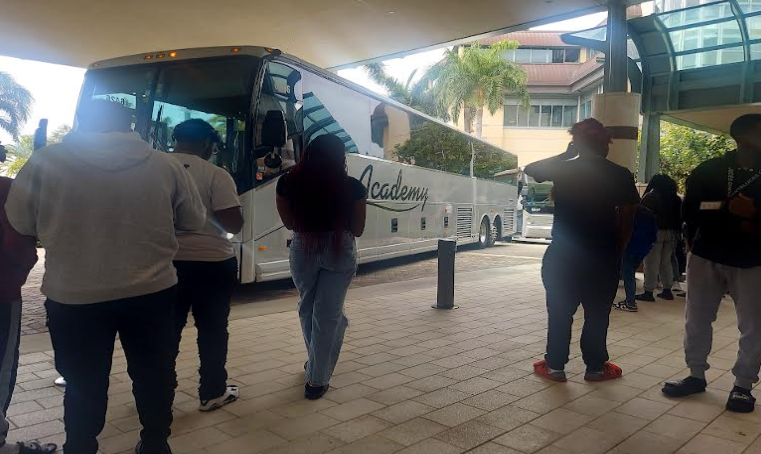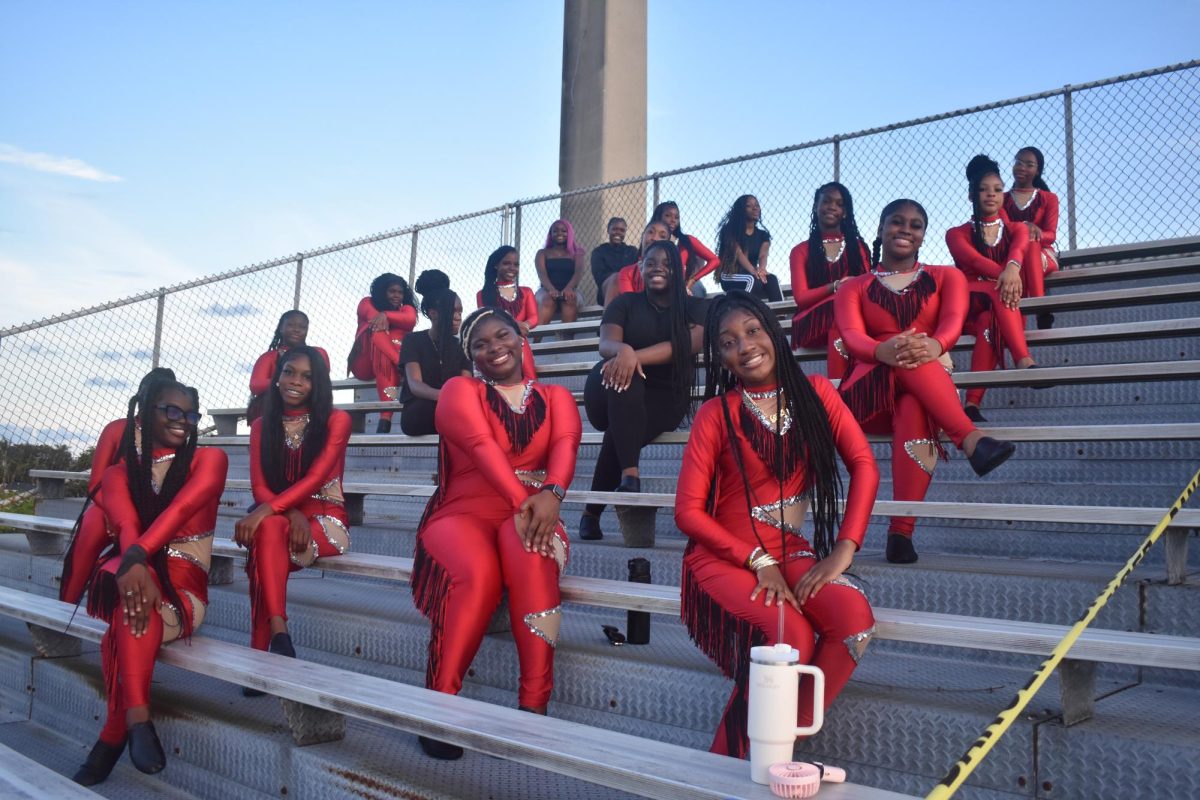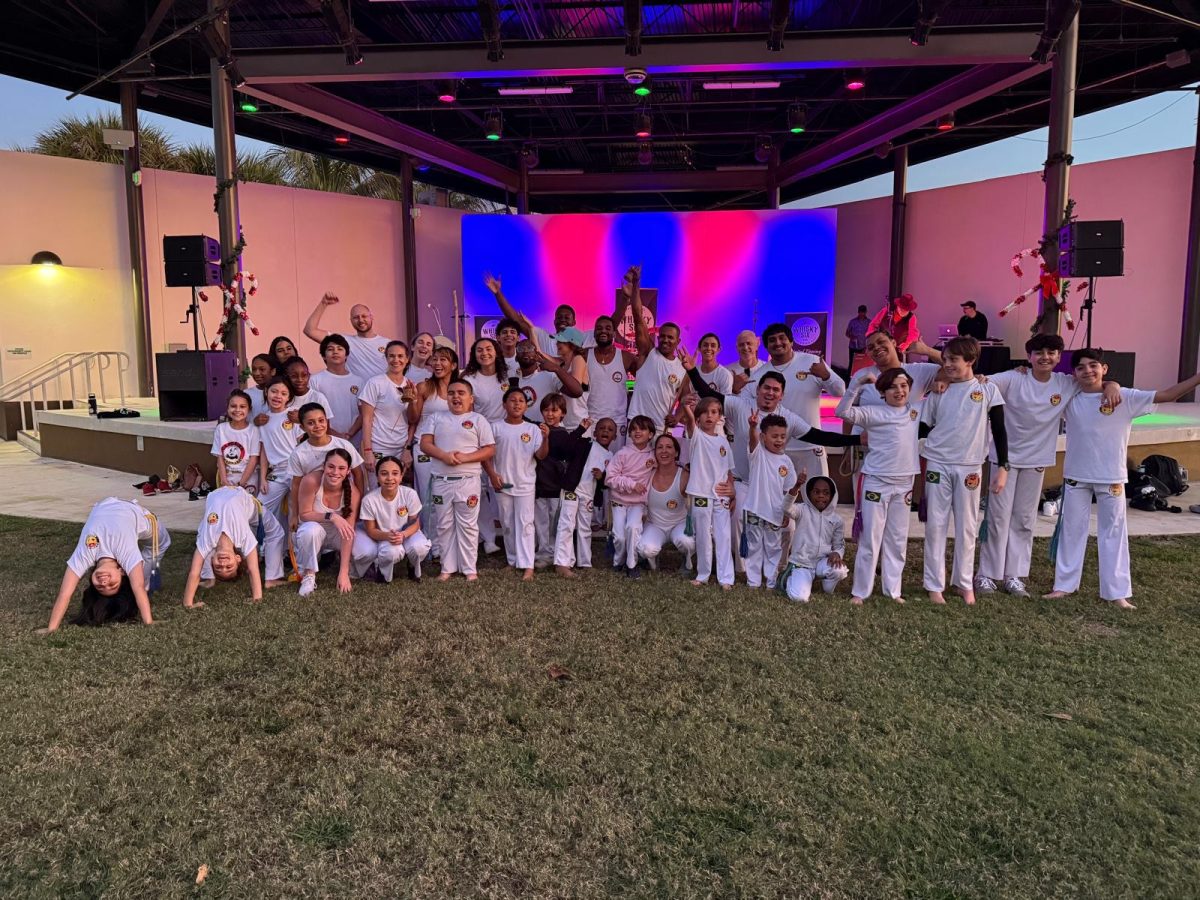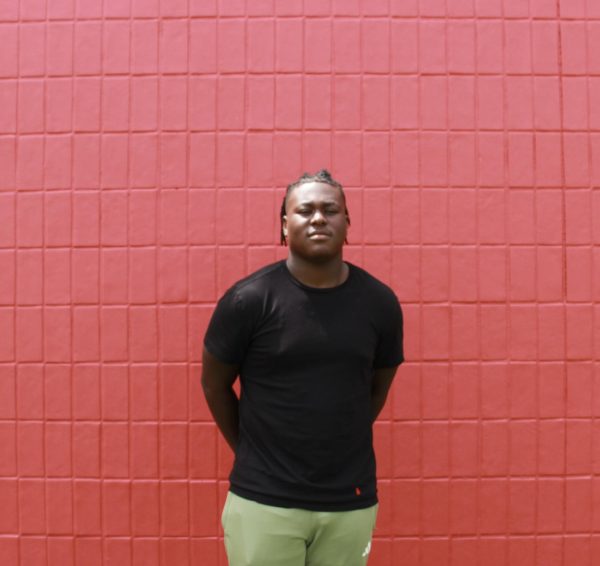I was given an amazing opportunity to talk with Keiser University’s Head Football Coach Doug Socha, the former head coach at Oxbridge Academy, about his transition from high school to college football. Coach Socha spoke openly and candidly about his goals for his team during our conversation via Google Meet.
How was your transition as a coach from high school to college?
“Football is football. Don’t be fooled by Division 1, Division 2, or the NFL. There are some differences, but at the end of the day it’s still football. The biggest transition for me is that my roster at Oxbridge was about 50-60 kids, but our roster here is double. The other thing is we have to recruit all of those kids, so I think over time the biggest transition was zoning in on the profile of the type of student athlete we want to recruit, and it all starts with character. If we go out and recruit kids with good character that have talent then things like work ethic and commitment all come with high character kids, so that makes it easier. The first couple years is figuring out what thrives here at Keiser University. Then you have to deal with 120 guys and 120 personalities and 120 guys that might have different challenges in their personal life. So, you have to hire a great staff. I think we have done a good job hiring the right people and this place is really committed to the program, but I think the biggest transition was the roster size and managing 120 guys and making sure they are doing right in the classroom, the field, and doing right getting ready for the next phase in their lives.”
What is the transition like for players going from being a high school athlete to a college athlete?
“It is different for almost every guy, but the biggest similarity among them is time management. All of a sudden you have classes Monday, Wednesday, and Friday. Tuesday and Thursday there is weightlifting in the morning, practice in the afternoon, then study hall. Trying to put together that schedule in a routine to succeed is challenging because it is different from being in high school. Another thing is mom and dad aren’t there, no family members are there to monitor; it’s really just their coaches. We truly try to have a highly disciplined environment. Things such as being on time, getting their grade checks in on time, working hard, being accountable to the program. The other thing is that if I recruit from certain high schools that have really good structure and discipline, then those kids typically have really good structure. Then I might have some guys that have never been around rules or standards, so there is a little bit of a learning curve. It is a big jump and the biggest thing I would say is to manage your time effectively.”
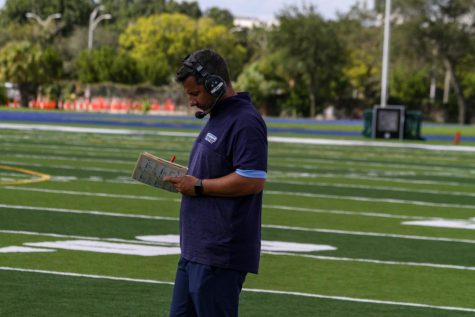
What are your goals for this program?
“I think we did a really good job coming here and going back to the alignment and vision of starting a football program. When we first got here, there was only a room and coaches—no locker room, no football field, no practice field, and really no weight room. Two years later we have a locker room with coaches’ offices, training facilities, turf field etc. We put all that stuff in place, and then on the flip side you have to have people in place to help students in the classroom. We have great academic support so I think we have put together a pretty good foundation. I think phase 1 has been a success of getting this thing off the ground. Now, it’s about graduating student athletes. It’s about getting these guys into jobs when they leave here. Then before graduation, we are trying to get to a championship level of football. We have won some district championships and made it to the playoffs, but ultimately there’s a lot of goals here. In our locker room when coming out the door we have a sign that says ‘You are here for an education’ and on the other side it says ‘You are here to win a championship.’ I think we’re on our way, but I want guys to leave here and say, ‘Hey you know when those coaches said it was going to be like this? It was exactly what they said. I graduated and got a job. Now I’m ready and thriving in the real world.’ That’s really all we ask for.”
What do you look for in a student athlete?
“For you to get recruited here, your football talent is one thing and then, bigger than that, because you can have that football talent, but if you don’t have an academic transcript and background that we think can succeed here, we have to cross your name off. Then, in addition to all that, we want to know what this person is like and his work ethic and things of that nature. I think that football is so unique, not to discredit other sports, but we are only guaranteed 10 games a year and the amount of work that we put in from January to August when you play your season, the amount of work is crazy compared to another sport where you get to play 20-30 games. So, we’re looking for guys who really love it, guys who are tough, guys that really want to work hard. Obviously, talent goes along with different factors for every position. Then, there is the other part where I like football players. I like to turn on a film and watch a kid who’s playing so hard for his team. Maybe they are undersized or not the exact profile, but they can overcome some of that and some of those things you can’t measure.”
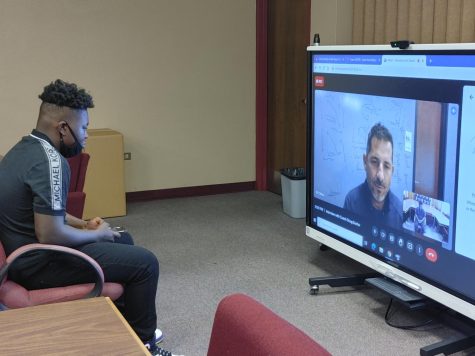
How do you prepare for game days?
“It’s a process. Preparing for game days really starts on Sundays for the coaches because we don’t play on Sunday. So we were watching films, breaking down films, coming up with a game plan, and looking for what we did right and what we did wrong. During the week, we combine fundamentals, game planning, lifting, practice, install, and walkthroughs. There is a lot of mental and physical preparation that goes into it and a lot of work behind the scenes that people don’t understand how hard these guys have to work. You have to get ready for game day mentally and physically and be prepared to adapt to something different on gameday.”
What is the atmosphere of the locker room during practice and on game day?
“As the week goes on, obviously you have to come back ready to reset on Monday. For example, on Monday at Santaluces, it’s probably a little quiet. People are trying to get back into the week and that’s like our locker room. Then, Tuesday is a big work day. Wednesday, they feel like they got the base game plan and juices are flowing in the locker room. There’s always music on in the locker room, so guys are always hanging out with each other—there’s great chemistry. On game day, I expect the same thing. Early on in the week, there is this ‘quiet preparation’ where they focus on their thoughts, and then the music gets going. Those guys are ready to go and it’s really a day to celebrate and let those guys have fun because you work so hard Monday through Friday; it’s time to turn it up on Saturday.”
What are your expectations of your coaching staff?
“So my expectations of the coaching staff are that they’re great mentors and models to our student athletes. I want them to be great leaders of men. Every one of our coaches is educated, they have a job, they are thriving to become more and our players see that. I think that’s the biggest thing: I want them to be great models for these young people. Every coach has their role, but the biggest thing I expect is for these guys to be good models to these young men and hold these kids accountable. If they are late, there has to be a consequence, they don’t turn their academic work in there has to be a consequence and that’s how young people thrive in the world. That’s really the biggest thing.”

